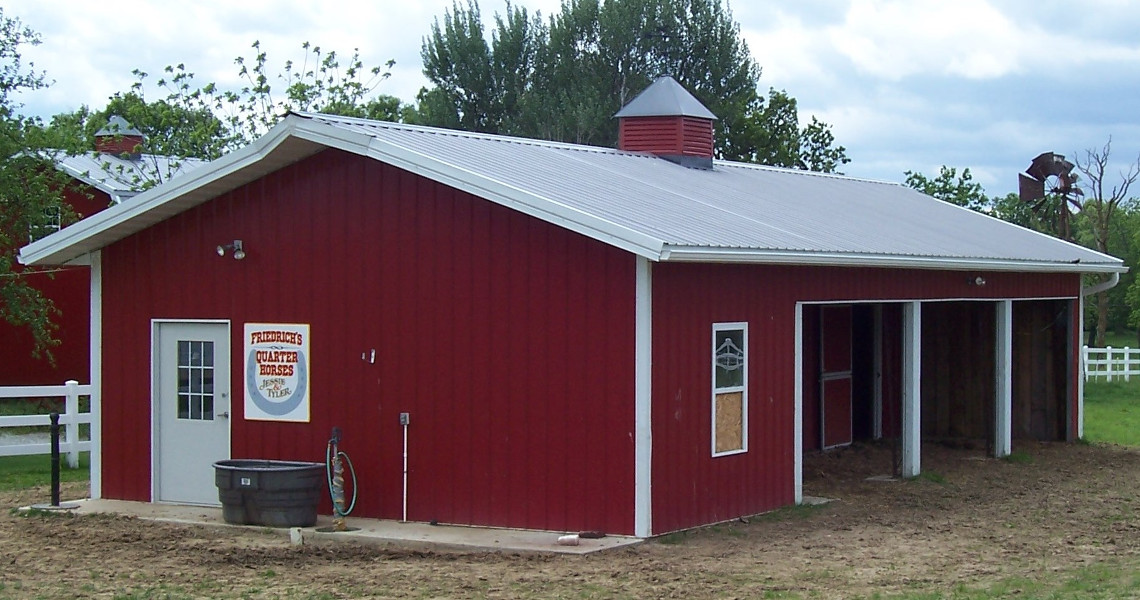

The main planks on which a definition can be made are money and labour: the hobby farmer’s income is largely made from off-farm work and the holding does not employ full-time labour. Willy Newlands, author of Hobby Farm (Souvenir Press, London, 2006), says: “Hobby agriculture covers a wide spectrum, from backyard eggs-and-jam to large areas of grazing land. An acre of land will support a couple of milking goats or some pigs, and once the hobby farmer is operating on a hectare (about 2.5 acres) he/she can think of poultry free-ranging in an orchard or a mini-flock of sheep.ĭoubling the area makes it possible to keep a cow and calf, and increasing it again to 10 acres (4 hectares) finds space for some cropping in support of the livestock (hay and forage crops) and a worthwhile mixed orchard with apples, plums and other fruit.Įven though each type of pleasure farm may be clearly seen by its owner as a non-profit enterprise, lifestyle farmers claim great satisfaction in making the land productive enough to cover the cost of feeding the livestock and giving some high-quality additions to the household menu, from fruit and vegetables to meat and eggs. This was said to be "consistent with the new trend of buying houses in the country with 20-60 acres of land - more than a garden, not quite a fully-fledged farm." Ī house with a large garden can be a mini-hobby farm, with vegetables, poultry, rabbits and a few hives of bees. The Royal Institution of Chartered Surveyors says that nearly half of all farms sold in a recent year were bought by non-farmers. The number of farms in England with "no economic output" in recent surveys jumped in one year from 90,000 to 115,000, while the number of large farms fell to only 15,000.

In the UK, country living is becoming a pastime rather than an occupation. shopping centres, public transport) and are prepared to travel further to access such amenities. Occupiers of rural residential properties generally accept that there will be a lower level of amenities available to them locally (e.g. Farming may occur on the blocks but is usually conducted on a small scale, more as a hobby than for serious commercial gain. gardening, horses, collecting and restoring old vehicles) which require more land than a normal suburban block or simply prefer the privacy of very-low-density living. Often subdivisions of former farms, these blocks of land are primarily used for residential purposes by those people who enjoy the countryside or have hobbies and interests (e.g.

Rural residential living in Australia consists of very large home sites usually on the outskirts of an urban area. Others are managed as working farms for secondary income, or are even run at an ongoing loss as a lifestyle choice by people with the means to do so, functioning more like a country home than a business. Some are held merely to provide recreational land for horses or other use. A hobby farm (also called a lifestyle block in New Zealand, or acreage living or rural residential in Australia) is a smallholding or small farm that is maintained without expectation of being a primary source of income.


 0 kommentar(er)
0 kommentar(er)
